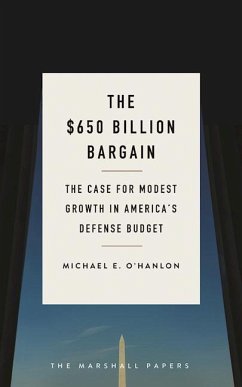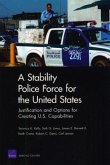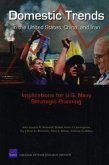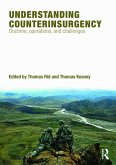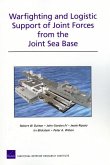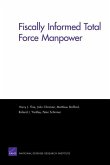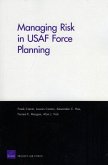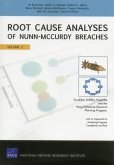" It is often said that the United States Spends Too Much Money on National Defense, and the numbers are, in fact, substantial: $607 billion in fiscal year 2016. But Michael O'Hanlon, one of the nation's foremost defense experts, argues that this is roughly the right amount given the overall size of the national economy and America's continuing responsibilities around the world. If anything, spending should increase modestly under the next president, growing somewhat faster than inflation and remaining near 3 percent of GDP. The latest federal budget called for national security expenditures to drop to about $575 billion, in constant 2016 dollars, in 2020. But that proposal is not realistic given the current state of the Department of Defense, modernization and readiness requirements, and the military's important operations overseas. O'Hanlon's recommendations differ from that budget plan in three key ways. First, the United States needs to spend adequate money to carry out its overseas military missions and commitments successfully. Second, the size of the Army should not be cut further. Third, modernization and readiness budgets should be funded at or near planned levels and not be threatened by sequestration or other budgetary shenanigans. The author's bottom line is that the U.S. national defense budget is entirely affordable relative to the size of the economy and to past levels of national security efforts, but especially when compared to the costs of failing to uphold a stable international order. It will be the best $650 billion bargain going and a worthy investment in America's security and its long-term national power. "
Hinweis: Dieser Artikel kann nur an eine deutsche Lieferadresse ausgeliefert werden.
Hinweis: Dieser Artikel kann nur an eine deutsche Lieferadresse ausgeliefert werden.

